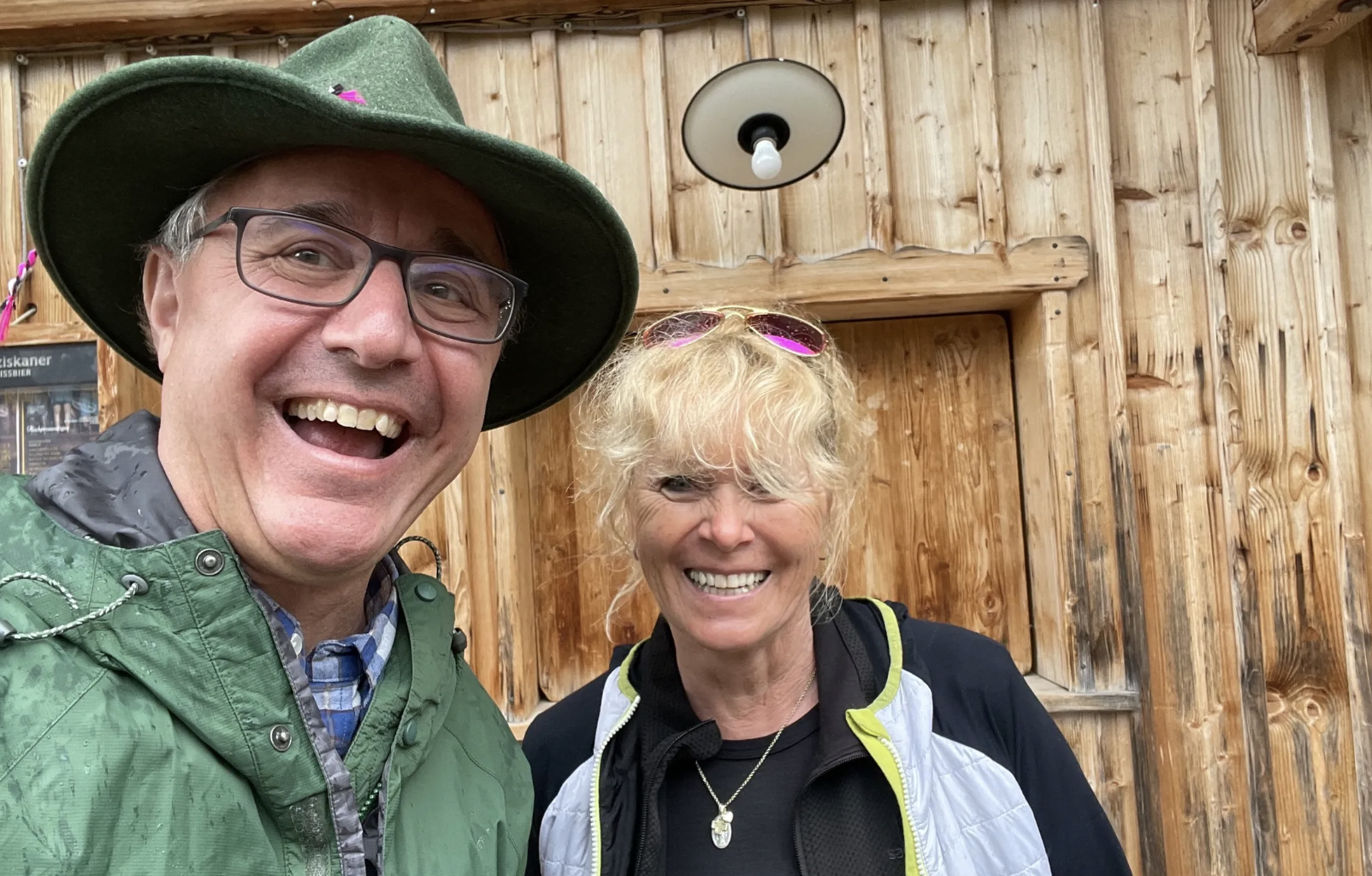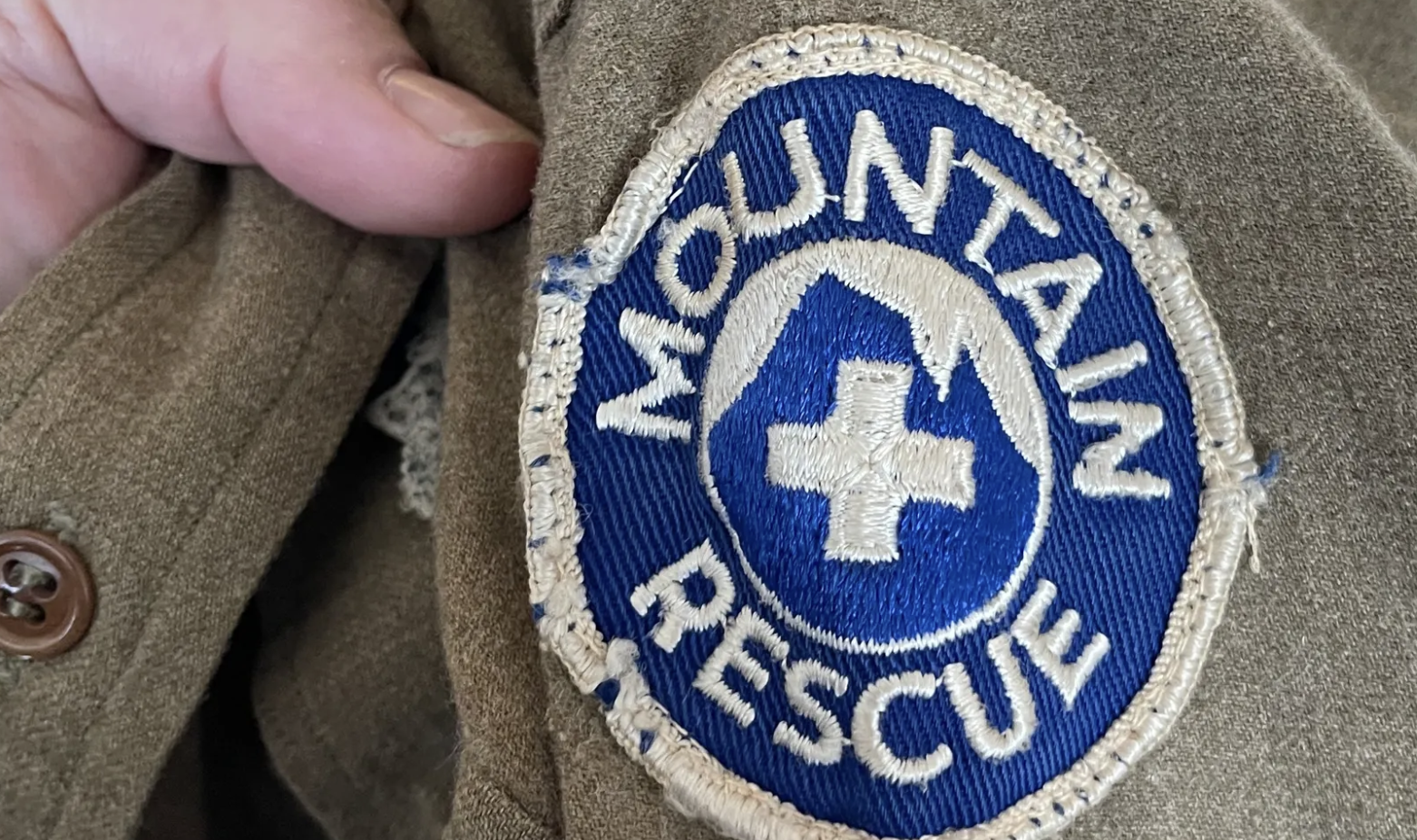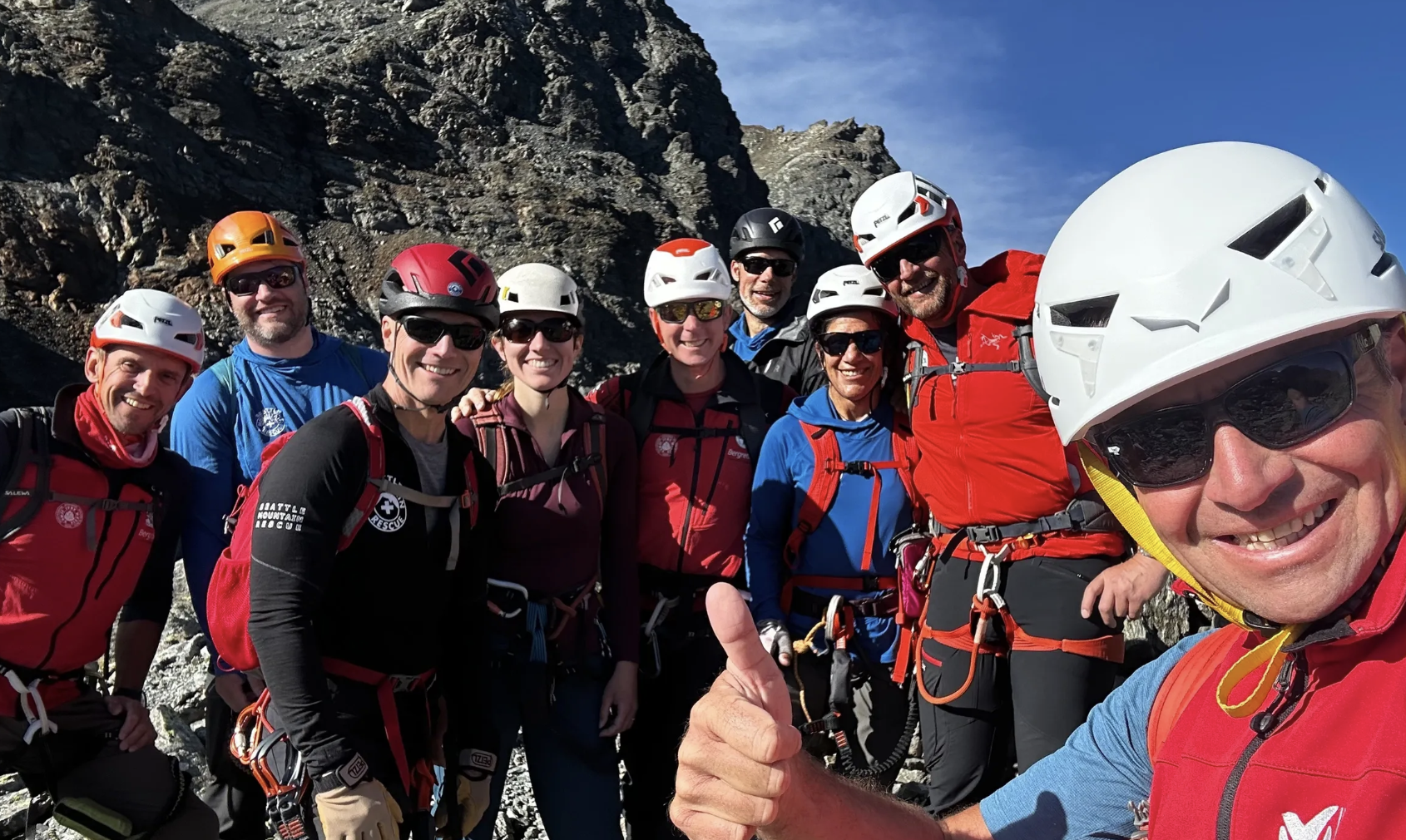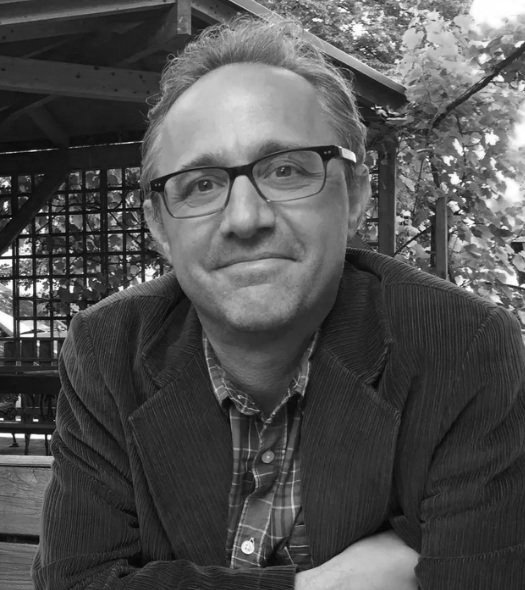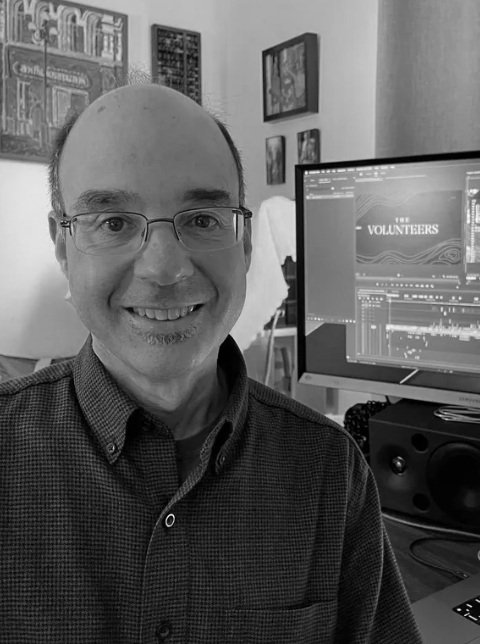Filmmakers

A film by Mark & David.
Mark S. Weiner
Producer, co-director, writer, and assistant editor, Mark is a former professor of constitutional law and the author of multiple award-winning books, including The Rule of the Clan: What an Ancient Form of Social Organization Reveals about the Future of Individual Freedom (Farrar, Straus and Giroux, 2013), which received the Grawemeyer Award for Ideas Improving World Order, and Black Trials: Citizenship from the Beginnings of Slavery to the End of Caste (Alfred A. Knopf, 2004), winner of the Silver Gavel Award of the American Bar Association for its contribution to the public understanding of law.
David Ritsher
Co-producer, co-director, senior editor, and writer, David has produced and edited multiple pieces at the Center for Investigative Reporting, two of which won national Emmy Awards and two of which won Northern California Emmys. Most recently, he was credited as the “Wizard Behind the Curtain” for the documentary “The Grab." He was formerly coordinating producer/editor for the PBS series Frontline/World, which won multiple Emmy Awards, Webby Awards, and the Edward R. Murrow Award. His previous projects can be viewed here.
Producer-Director Statements
-
I created “The Volunteers” because I wanted to explore a philosophical and political problem in a down-to-earth way through the special medium of film, and I wanted to offer a constructive, unifying civic message in time of conflict and strife. The problem is how ideals of universal solidarity can be reconciled with local sovereignty and self-determination. The solution is embodied in the spirit of mountain rescue volunteers near Seattle, Washington and in Tyrol, Austria.
I hope that viewers of the film will feel the ways in which we might foster a positive civic culture by embracing the model that these volunteers offer, especially in their training and practice rituals, and that they will be surprised by the unexpected relationship between the two organizations that we depict across time—a relationship that turned out to run, especially, through a book that grew from World War II. In the spirit of mountain rescue, geographic knowledge, social solidarity and historical consciousness merge in the course of shaping the meaning of home.
Some of the key rescuers that the film profiles are artists or craftspeople. The work they do with their hands, and their relationship with their media, seemed to us strikingly parallel to the way all rescuers approach their techniques and tools in the field. And just as artists help us reimagine the world, so mountain rescue acts on the civic imagination—rescue is a process of building civic community akin to the process of making art.
-
I have been editing and producing investigative and current affairs documentaries for almost all of my career. While I have done some anthropological projects on subjects such as Russian prison tattoos or Latino gangs in northern California, the bulk of my focus has been on societal threats such as nuclear weapons smuggling and the national security implications of water scarcity. Shining a light on these topics is important, but the themes can be emotionally difficult to grapple with week in and week out. So, in the wake of the social disconnections of the COVID lockdowns, I was eager to put my energies into a project which had a more positive spirit.
When my old friend Mark first brought up the idea of “The Volunteers,” it was a clear opportunity to be forward looking in our difficult times.
From the start, the film excited me both on the surface for its visual potential and because I knew on a deeper level Mark would undoubtedly contribute his unique historical and philosophical insights. The twists and turns along the way have not disappointed, and now I am thrilled to share the fruits of our journey!
